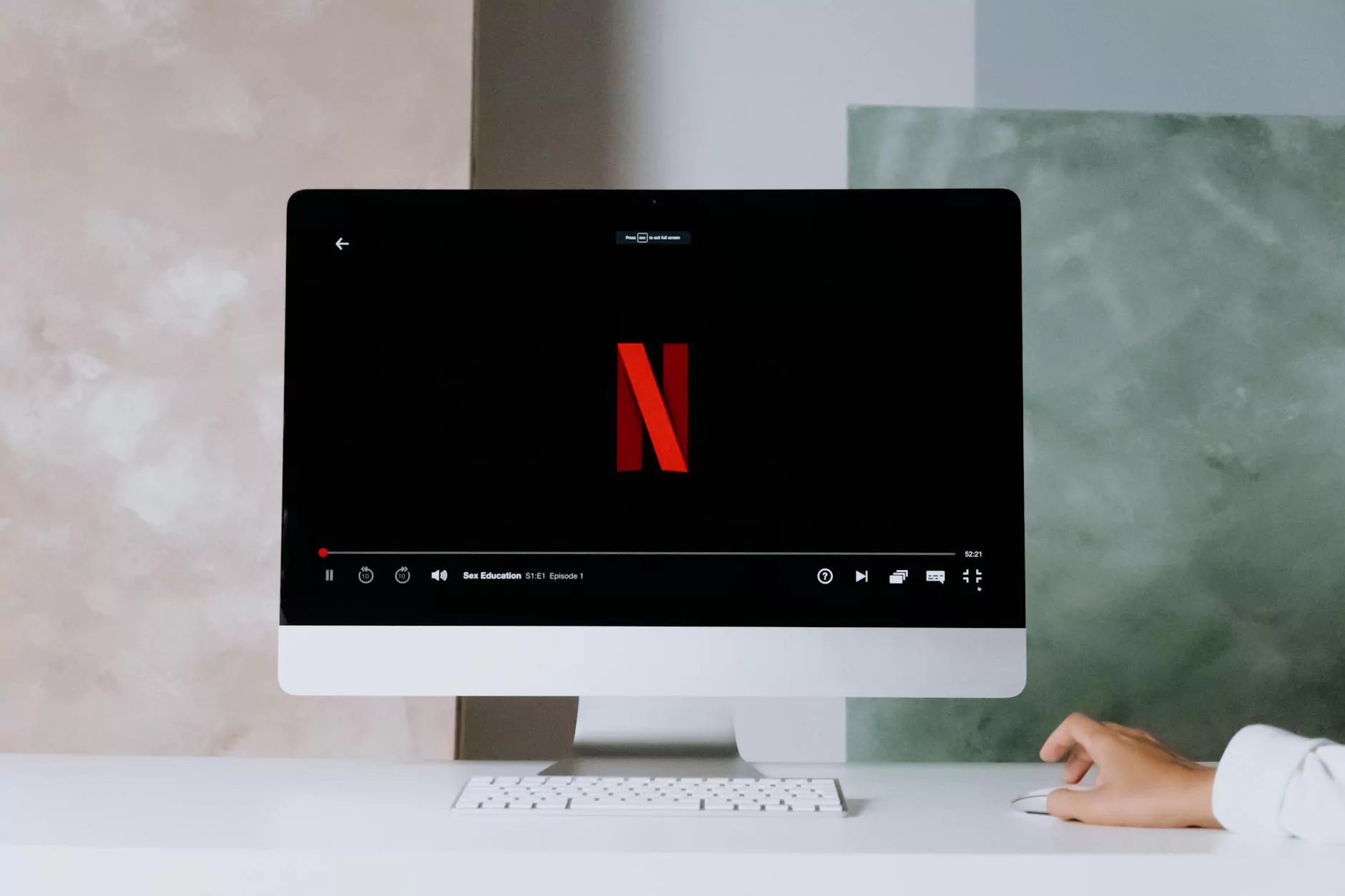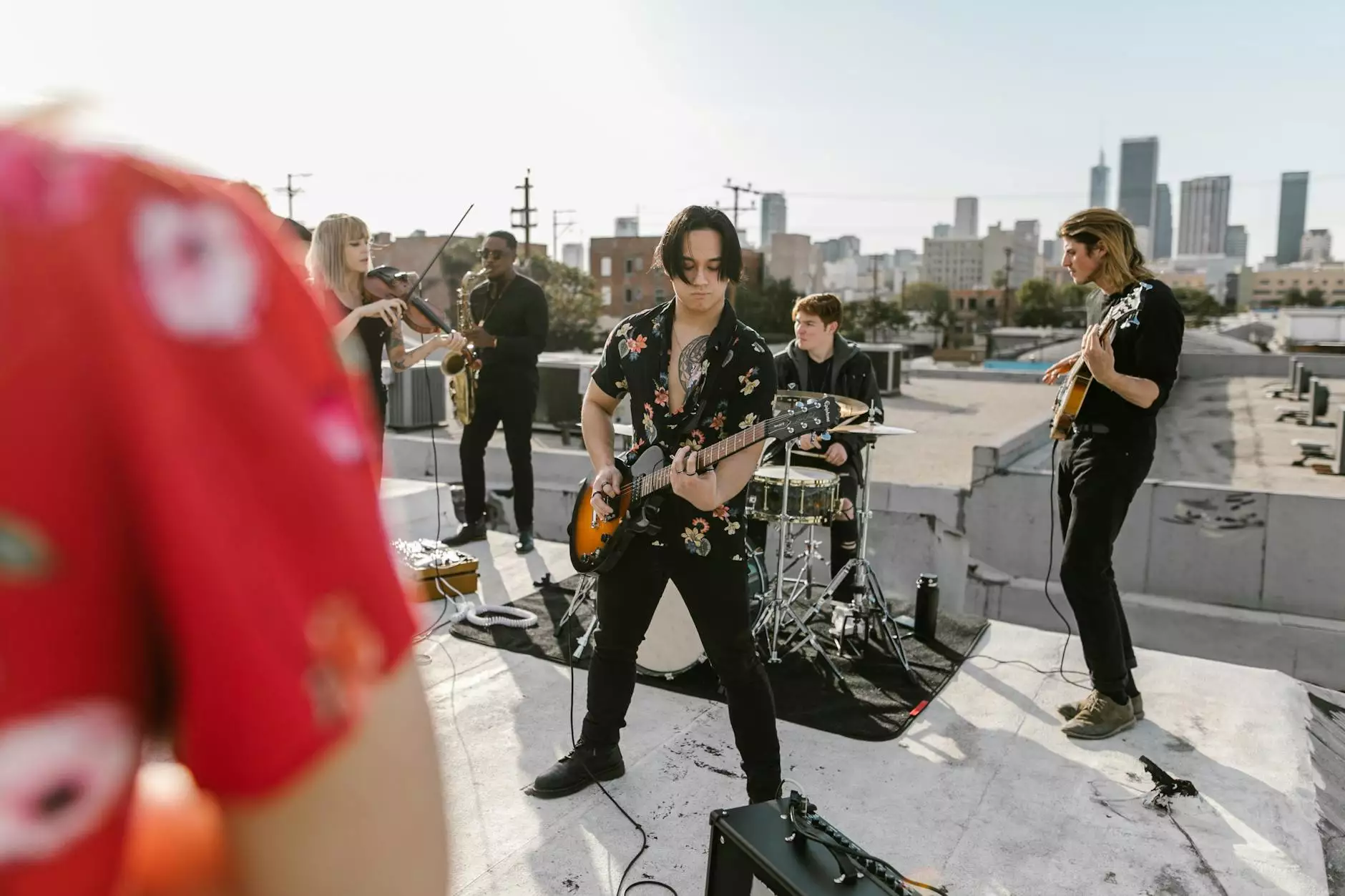Understanding the Revolutionary Role of Music Digital Platforms

In today's music industry, music digital platforms have fundamentally transformed how artists connect with audiences, how DJs perform, and how music production services are provided. These platforms are not merely tools; they are complete ecosystems that shape the understanding of music consumption and creation.
The Evolution of Music Consumption
Two decades ago, the way we consumed music was vastly different. The advent of the internet brought about a seismic shift in how music was distributed and accessed. Traditionally, music was consumed through physical albums, cassette tapes, and radio play. However, as digital technologies advanced, platforms like Spotify, Apple Music, and SoundCloud began to emerge, allowing listeners to access vast libraries of music at their fingertips.
A New Era for DJs
For DJs, this new landscape has presented both challenges and opportunities. The availability of music digital platforms has allowed DJs to:
- Access a vast library of tracks for live performances.
- Discover new artists and genres easily.
- Build playlists that cater to their audience's preferences.
- Social networking and sharing their mixes online, creating a global fanbase.
These platforms enable DJs to explore different styles, collaborate with artists from around the world, and enhance their live performances with greater ease.
Music Production Services in the Digital Age
The rise of music digital platforms has also revolutionized music production services. No longer confined to expensive studios, producers can now create high-quality music from the comfort of their homes. Here’s how digital platforms have transformed production services:
Accessibility to Advanced Tools
Today's producers have access to an array of digital audio workstations (DAWs) and software plugins through online platforms. This accessibility has democratized music production, allowing passionate individuals to create music without the prohibitive costs of traditional recording studios. Popular DAWs include:
- Ableton Live - Favored by electronic music producers for its intuitive interface.
- FL Studio - Known for its loop-based approach, it is popular among hip-hop producers.
- Logic Pro X - A favorite for Mac users, it offers a vast library of sounds and plugins.
Collaborative Opportunities
Digital platforms have made global collaboration a reality. Artists and producers can now work together, regardless of geographical barriers. Tools such as Splice and Soundtrap facilitate collaboration by providing shared workspaces for creative audio sessions.
The Business Side of Music Digital Platforms
For those in the music business, music digital platforms hold incredible potential for revenue generation and brand building. Here are several ways businesses in the music industry can leverage these platforms:
Monetization Models
Streaming services have introduced various models that artists and labels can use to monetize their music. Here are the key models:
- Subscription Fees: Services like Spotify and Apple Music charge users a monthly fee for access to their libraries.
- Ad-Supported Models: Platforms such as YouTube offer free access to music while monetizing through advertisements.
- Merchandising and Integrated Promotions: Bands can sell merchandise directly through their profiles on various digital platforms, increasing their overall revenue streams.
Data Analytics and Audience Insights
One of the most powerful aspects of music digital platforms is the analytics they provide. Artists and labels can access data about how often their tracks are played, the demographics of their listeners, and geographic trends. This information is invaluable for:
- Targeting Marketing Efforts: Knowing where a song is popular can help tailor marketing strategies.
- Evaluating Performance: Artists can assess which singles are resonating with their audience, allowing for more informed decisions on future releases.
- Tour Planning: Analytics can forecast potential concert locations based on listenership in different regions.
Challenges Faced by Music Digital Platforms
While the advantages are numerous, it’s important to acknowledge the challenges that come with the rise of music digital platforms. Issues such as:
Royalty Distribution and Fair Compensation
One significant concern is the fairness of compensation for artists. As the industry evolves, discussions around fair royalty distributions are crucial. Artists often argue that the revenue from streams is disproportionately low, leading to sustained calls for reform from industry leaders.
Saturation of Content
An oversaturation of content on these platforms can make it difficult for new artists to gain visibility. With millions of songs available, how do listeners discover new talent? This has led to innovative marketing strategies aimed at increasing organic reach through social media and targeted campaigns.
Future Trends in the Music Industry
Looking ahead, the music industry will continue to experience transformations driven by technology and music digital platforms. Future trends to watch for include:
The Growth of AI in Music Production
Artificial Intelligence is increasingly being used to assist in music production, helping artists create and discover new sounds. AI tools can analyze trends, predict what will be popular, and even compose music.
Virtual Reality and Augmented Reality Concerts
As technology advances, VR and AR concerts are becoming more common, allowing fans to experience live music in immersive environments from anywhere in the world. This could reshape the way live music is presented and experienced.
Conclusion
In summary, music digital platforms have established themselves as the backbone of today’s music industry. From enhancing DJ performances to revolutionizing music production services and presenting new business opportunities, these platforms offer remarkable potential for creators and consumers alike. As technology evolves, staying ahead of the trends will empower artists to thrive in this dynamic landscape.
As music enthusiasts or professionals in the industry, understanding the nuances of music digital platforms is more crucial than ever. This knowledge fuels creativity, drives business strategies, and ultimately allows artists to connect with their audience in innovative and meaningful ways.









